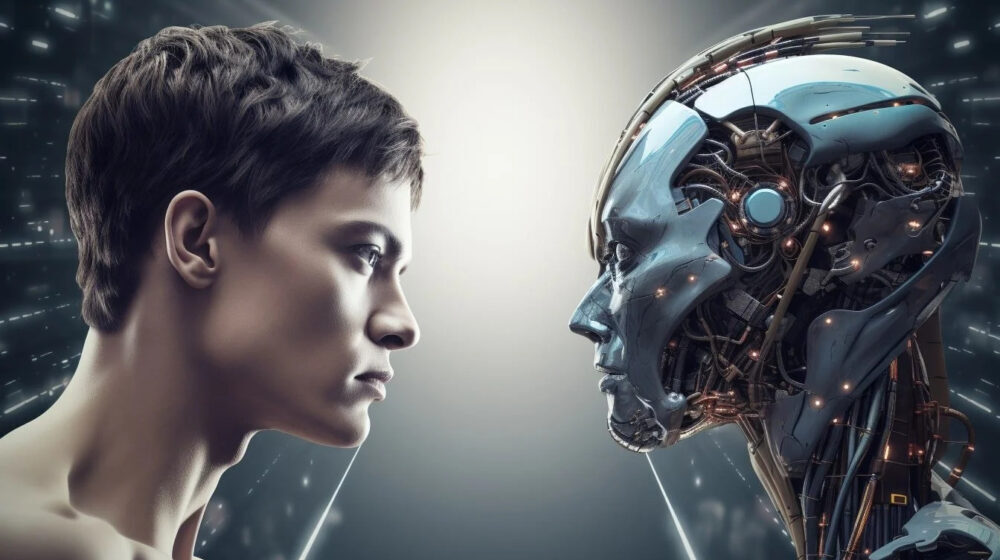AI vs content creators is a feud that has been going on ever since generative AI was popularized around the planet. Artists and other content makers often target AI image-generating tools for stealing their work to train their systems.
However, the latest attempt to hold AI tools accountable in court has hit a stumbling block. A recent legal case against Midjourney and DeviantArt has been unsuccessful. U.S. District Judge William Orrick declared on Monday that the accusations and claims against AI software are “defective in numerous respects.”
The claims were dismissed based on concerns about whether the AI systems they operate include copyrighted images that were utilized in generating infringing content and whether artists can establish infringement without identical material produced by AI tools.
The artists’ claims of copyright infringement, right of publicity, unfair competition, and breach of contract were dismissed for now, but they are expected to be reintroduced in the future.
On the other hand, infringement claims against Stability AI have successfully proceeded. These claims are largely similar to the ones against Midjourney i.e. the use of copyrighted images without permission to create Stable Diffusion.
Stability AI denied these statements saying that they never stored or used any copyrighted images for their system. The defendant claims that the process of training its model does not encompass a wholesale replication of existing works. Instead, it focuses on the refinement of parameters such as lines, colors, shades, and other attributes linked to subjects and concepts present in those works, which collectively form a representation of how things appear.
The contentious matter that could ultimately determine the outcome of the case remains in dispute.
While dismissing the plaintiff’s claims of infringement, Judge Orrick wrote that it remains unclear whether there are training images stored in Stable Diffusion’s systems and if they have been used by DeviantArt and Midjourney. He took the opportunity to bring up the defendant’s claims of how it’s impossible for billions of images to be compressed into one program.
The ruling said: “Plaintiffs will be required to amend to clarify their theory with respect to compressed copies of Training Images and to state facts in support of how Stable Diffusion — a program that is open source, at least in part — operates with respect to the Training Images.”






